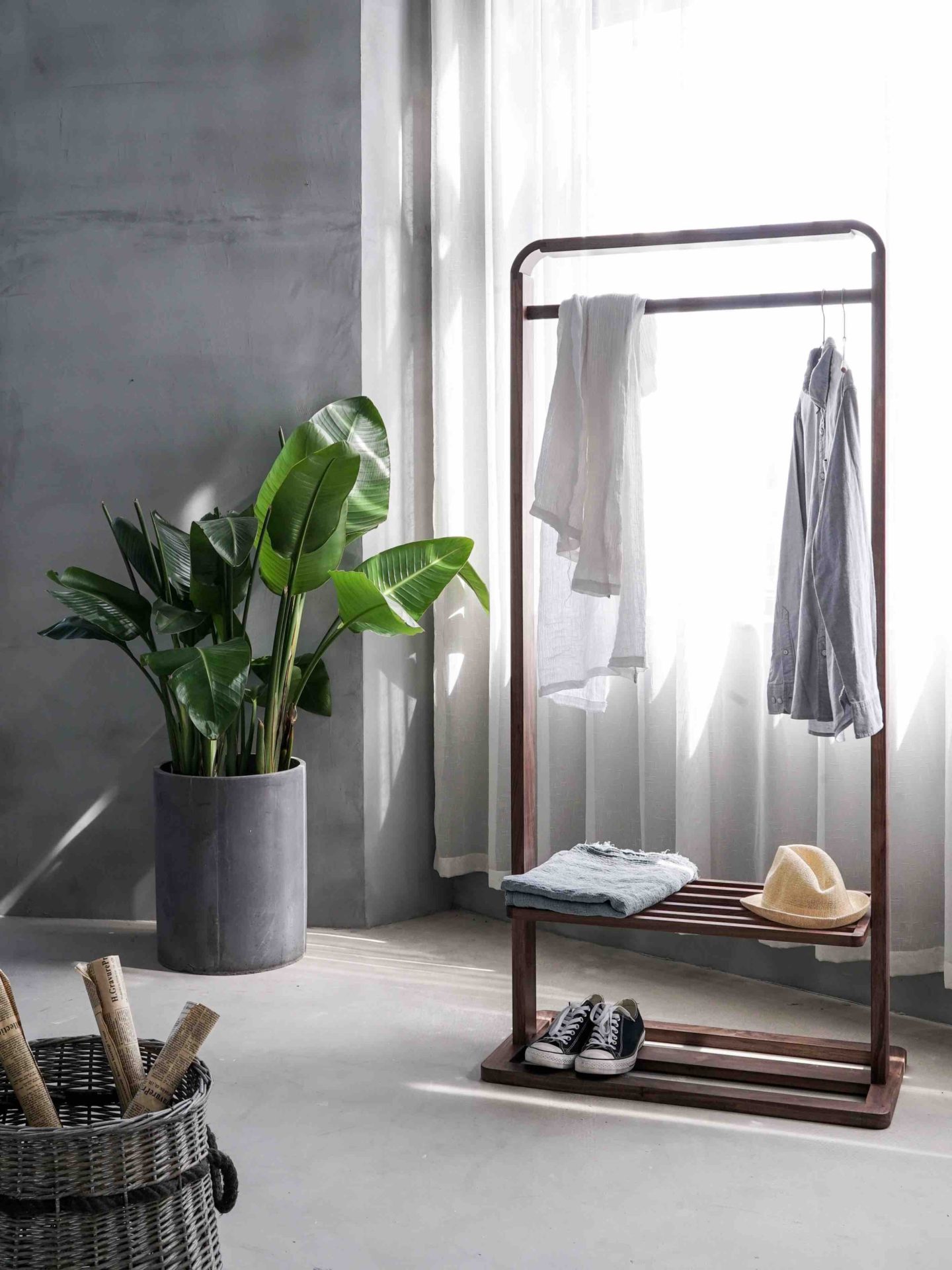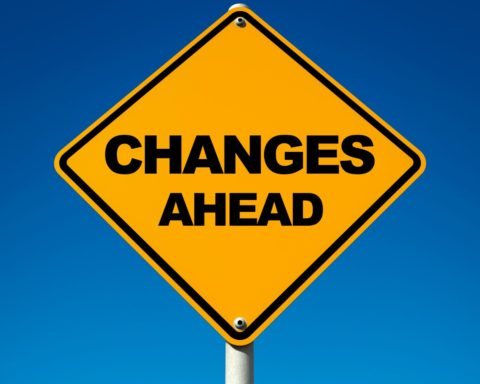Minimalism and living a minimalist lifestyle is on the rise.
There are books on minimalism, podcasts and documentaries all related to promoting a low-consumption way of life.
Although I had vaguely heard of minimalism in the past, I first became really interested in it when I stumbled upon the The Minimalists’ podcast with Joshua Fields Milburn and Ryan Nicodemus. I binge-listened to their podcasts on everything from How to Love and the best ways in which to celebrate a Minimalist Christmas.
So what is Minimalism?
As Milburn and Nicodemus put it, “Minimalism is a tool to rid yourself of life’s excess in favor of focusing on what’s important—so you can find happiness, fulfillment, and freedom.”
Admittedly, when you first listen to one of these podcasts, what you will note is that nothing that these two men are saying is ground-breaking. In fact, I would go as far as saying that it almost sounds like common sense.
And yet, it isn’t.
The concept of a minimalist lifestyle is by no means new. It may not have been coined minimalism (or voluntary simplicity), but the idea of living simply with only the things you really need has been around for centuries.
Very few people seem to be consciously living minimally these days. But with shows like Ben Fogle’s Where the Wild Men Are, it is easy to see the appeal of having a little, so that you can live a lot.
If you’ve ever watched episodes of this show, you would note a few common themes: people making their homes away from society; people working hard and people truly living.
Granted, one person’s idea of ‘living’ might differ to another, but then perhaps one should use the word ‘content,’ instead. On these shows you see people who are, simply put, content with having very few material possessions.
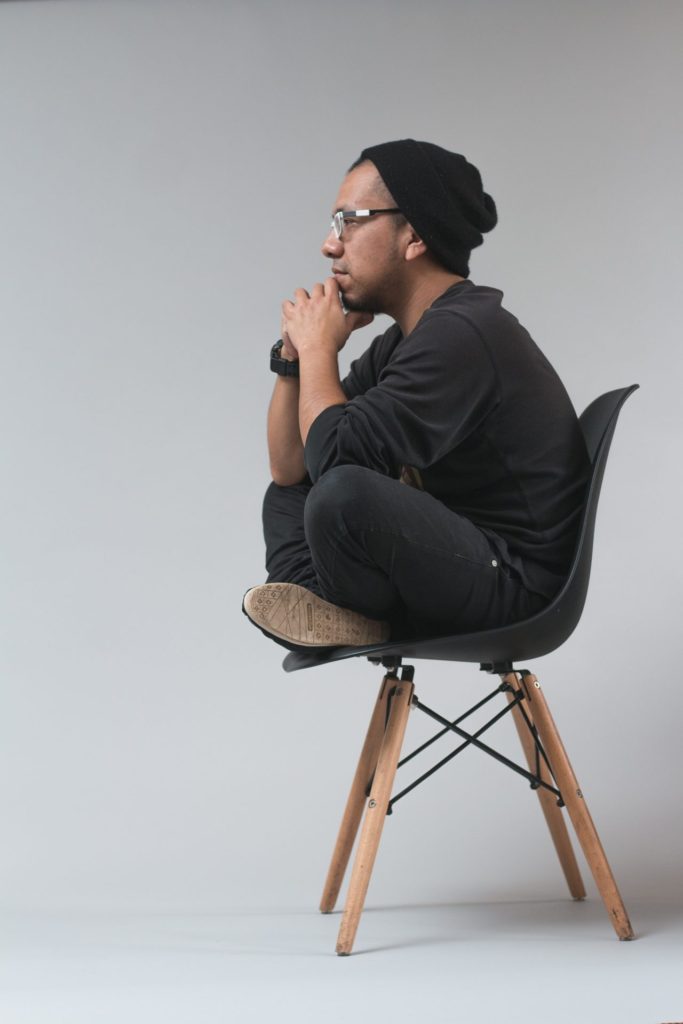
The negative effects of Consumerism
According to a 2020 study done by Lloyd & Pennington in the International Journal of Applied Positive Psychology, “Studies have shown a connection between materialism and a lack of concern about the environment higher financial debt, and most pertinent to this study, lower levels of personal wellbeing.”
In other words, consumerism leads to higher levels of stress.
It’s strange how we give so much of our time and effort to stuff. We work hard to earn more money so that we can buy a bigger house so that we can have all our stuff. Stuff stresses us out. They have to be cleaned and maintained and insured. We convince ourselves that having four television sets is necessary for us to make our lives easier. Ever noticed how much TV people who own four of them actually watch? I would argue that it would be very little. You’ll be too busy putting all those hours in at work to earn the money to pay for them – so actually watching even one TV is most likely out of the question. Of course, this analogy could be replaced with any item at home.
But it’s not only the new and expensive stuff taking up space in our homes and lives, it’s also the old stuff that we lug with us from house to house as we move. You know those things – the ones that move from a box in a garage from one house, to a box in a garage in another. Or the tiny trinkets that live in jewellery boxes – too fancy to wear out anywhere and too expensive to just lay around. So we need to buy a safe and find a secure spot at home and use a code so that no one sees it at all. But concern that something might happen to them is always somewhere at the back of your mind.
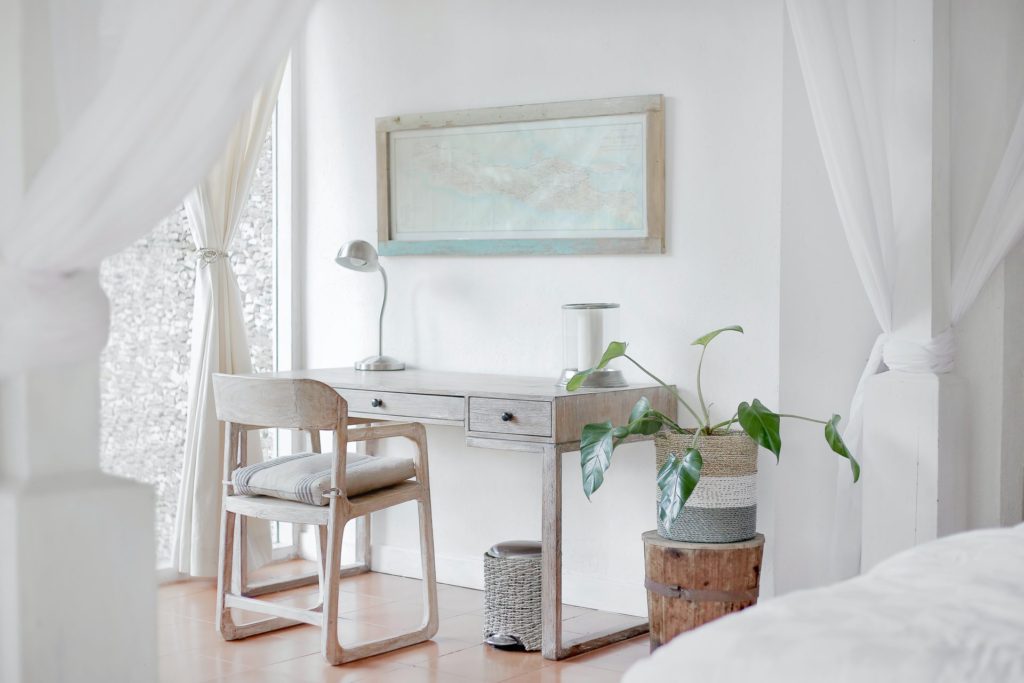
And what about those three full sets of crockery and cutlery that you spent a fortune on? You know, all matching and fancy, all to be used for those special occasions which never really seem to come. Or the hundreds of stuffed animals you bought for your children over the years: far too many to display in their bedrooms, but too sentimental to give away – so they’re stuck in containers in the uppermost cupboards, taking up space, and not serving anyone.
We are all caught by the trappings of the material life in one way or another. We live in a culture of buy, buy, buy! A clothing sale. A ‘buy-one-get-one-free’ deal. A new iPhone on the market with one tiny new feature that we must have.
Even when we think we’re just dealing with physical items, we don’t realise that the race to accumulate all of these things ultimately affects our mental health and general wellbeing.
Can living a Minimalist lifestyle improve my Mental Health?
In short, the answer is yes.
The results of the study by Lloyd, et. al. indicated that “All participants indicated that adopting a minimalistic lifestyle afforded a myriad of wellbeing benefits. The key themes and sub-themes (in parentheses) were identified as: Autonomy (freedom/liberation, aligning with values, authenticity); Competence (feeling in control of environment, less stress and anxiety); Mental Space (saving mental energy, internal reflecting external); Awareness (reflection, mindfulness, savouring); and Positive Emotions (joy, peacefulness).”
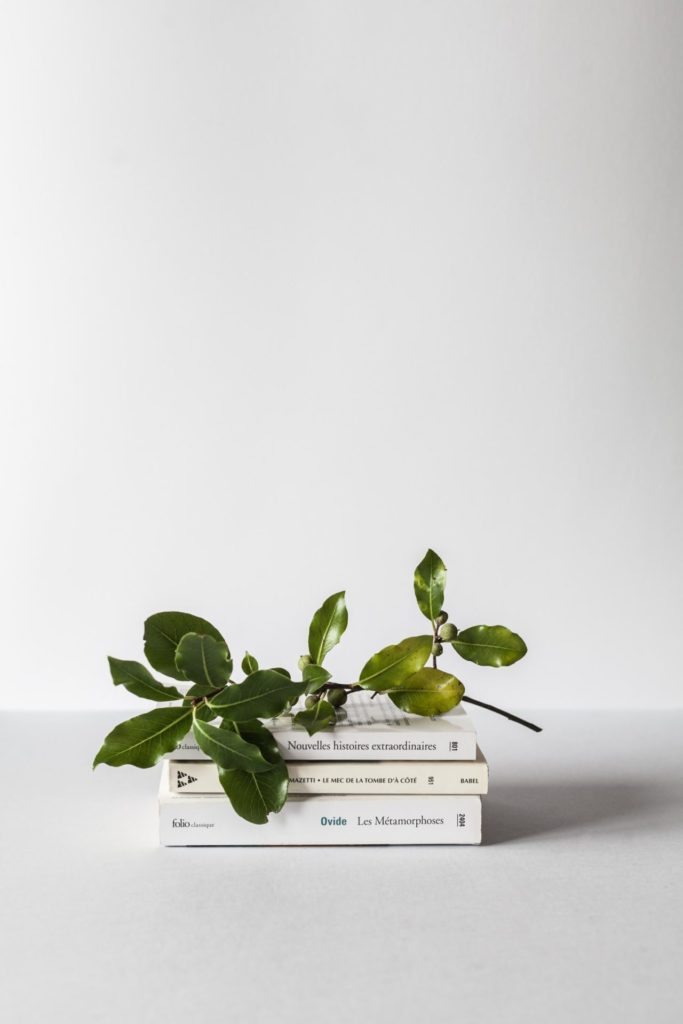
5 Ways in which your Mental Health can improve by living a Minimalist Lifestyle
1. When you remove the physical clutter, you remove the mental clutter.
With less physical things around you, you’ll have less to stress about. Think about it. If, for example, you get rid of half the clothes in your wardrobe, you won’t have the daily dilemma of deciding what to wear. You can really start the day off on a bad note (and have it snowball from there) with simply not knowing which outfit to choose. Imagine the mental freedom that having a simplified wardrobe would give you. This would apply to anything superfluous in your life that you feel causes you to feel stress.
2. With fewer distractions, you will be able to focus on yourself.
On your journey towards a minimalist life, you will realise that you’ll actually be freeing up a lot of your time. Less things in your home also means less cleaning and maintenance. Sometimes too many choices can be both overwhelming and time-consuming.
If you have a collection of six different duvet covers to choose from for your bed, you’d have to keep track of which one was used when and which one to use next. On the other hand, if you only had two to choose from, you’d know that when one goes into the wash, the other goes onto the bed. Simple. Easy. No more distracting duvet covers. And in the absence of inane distractions, you will have time to discover who you really are, what you really enjoy doing and what you actually want out of life.

3. You will re-learn to enjoy the simple things in life.
Watch a child play and you’ll soon learn that they can have fun with a ball in the yard for hours on end. They are content just being in the moment. Adults, on the other hand, can be in a first class seat on an international flight to their dream vacation destination – and still find something to complain about. When we remove the excess and extravagance, we learn to appreciate what we have right in front of us. A beating heart and air in our lungs. Once we break it down to this simplest denomination, we’ll start to realise that anything over and above this is to be savoured and cherished.
4. Your mind will be filled with peace and clarity.
Once you’ve purged (bit by bit) your home and your overall lifestyle of anything unnecessary, you will, unquestionably, start to feel a sense of peace and clear-mindedness. Of course, choosing to live a voluntary simplistic life will take time. In addition you would need a complete overhaul of your thinking and spending habits. But once you’ve made some leeway, you will slowly feel the fog lifting. And who knows – your true path in life, now uncluttered, could very well be revealed.
5. You will learn how to be truly happy.
And with all of the above achieved, you will, undoubtedly, become truly happy with yourself. Possibly for the very first time.

A few documentaries on Netflix about minimalism which might interest you:
Minimalism: A Documentary About the Important Things
To receive articles like this straight to your mobile, sign up here.
